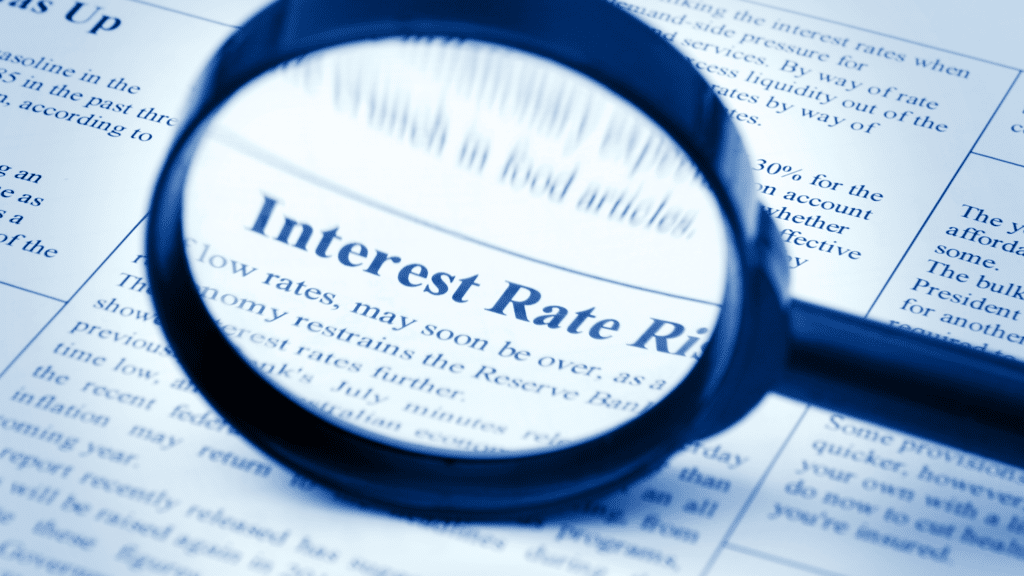How the Federal Housing Finance Agency’s new rule changes mortgage fees based on credit scores
"Mortgage applications increase for both home purchases and refinancing."
Mortgage rates have decreased for the second week in a row due to progress on inflation. The 30-year fixed-rate mortgage averaged 6.35% in the week ending May 11, down from 6.39% the week before, according to data from Freddie Mac.
Sam Khater, Freddie Mac’s chief economist, said that this decrease continues a recent sideways trend in mortgage rates and is a welcome departure from the record increases of last year. He also added that while inflation remains elevated, its rate of growth has moderated and is expected to decelerate over the remainder of 2023. This should bode well for the trajectory of mortgage rates over the long term.
The average mortgage rate is based on mortgage applications that Freddie Mac receives from thousands of lenders across the country. The survey includes only borrowers who put 20% down and have excellent credit.
Inflation is cooling and this is having a positive effect on mortgage rates. The rate for a fixed-rate 30-year loan held relatively steady at the lower end of the 6% range this week because the inflation picture is showing expected improvement.
Jiayi Xu, an economist at Realtor.com, said that April’s Consumer Price Index data reinforced that we are very likely at the end of the tightening cycle. On Wednesday the Bureau of Labor Statistics said that headline CPI climbed by 4.9% in April year over year, slowing for the 10th consecutive month and hitting its lowest level in two years.
Xu added that while the US economy is moving in the right direction, the pace of improvement is likely slower than desired by the Federal Reserve, and inflation still remains significantly above the target of 2%. As long as the economy continues to see progress on inflation, it is expected that mortgage rates will remain toward the lower end of the 6-7% range.
While mortgage rates have stayed under 6.5% for a month, they are about one percentage point above what some economists see as a tipping point of 5.5% rates that would motivate homeowners to sell. Many homeowners bought or refinanced into ultra-low interest rates during the past few years and are hesitant to give up their low-rate mortgage.

Bob Broeksmit, MBA President and CEO, said that while the decline in mortgage rates is good news for prospective homebuyers, housing supply is still too low in many parts of the country. Housing construction has slowed and some would-be sellers are delaying decisions because of economic uncertainty and an unwillingness to give up their low-rate mortgage.
In addition to the “locked-in effect” of mortgage rates, sellers are facing another issue caused by high inflation: the increasing costs of home improvements prior to selling. A recent survey from Realtor.com shows that improving homes before selling is one of the top concerns among sellers.
Jiayi Xu said that in April 2023, certain items such as floor covering still experienced a faster price growth of 9.9% higher than a year ago. While this issue primarily affects sellers, buyers may also suffer the consequences as the high cost of home repairs are likely to be passed on to them in the end.
The volume of mortgage applications increased last week for both home purchases and refinancing. The Mortgage Bankers Association (MBA) said its Market Composite Index increased 6.3 percent on a seasonally adjusted basis compared with the previous week.
The Refinance Index increased rose by 10 percent but remains 44 percent lower than the same week one year ago. The refinance share of mortgage activity increased to 28.0 percent of total applications from 27.2 percent the previous week.
The seasonally adjusted Purchase Index was up 5 percent. Before adjustment that index was 5.3 percent higher for the week but lagged its level a year earlier by 32 percent.
Joel Kan, MBA’s Vice President and Deputy Chief Economist said that mortgage applications responded positively to a drop in rates last week as purchase applications increased by 5 percent but were still more than 30 percent below last year’s level. Lower rates from week to week have helped buyers in the market but limited for-sale inventory remains a challenge for many homebuyers.
Refinance activity jumped by 10 percent to its highest levels since September 2022 although there is only a small pool of borrowers who can benefit from refinancing with rates at these levels.
***Full Disclosure: This article is for informational purposes only and is not intended to provide financial advice. The information contained in this article is based on data from Freddie Mac and the Mortgage Bankers Association. Interest rates and mortgage rates are subject to change and may vary based on individual circumstances. Please consult with a financial advisor before making any decisions regarding your mortgage or interest rates.***